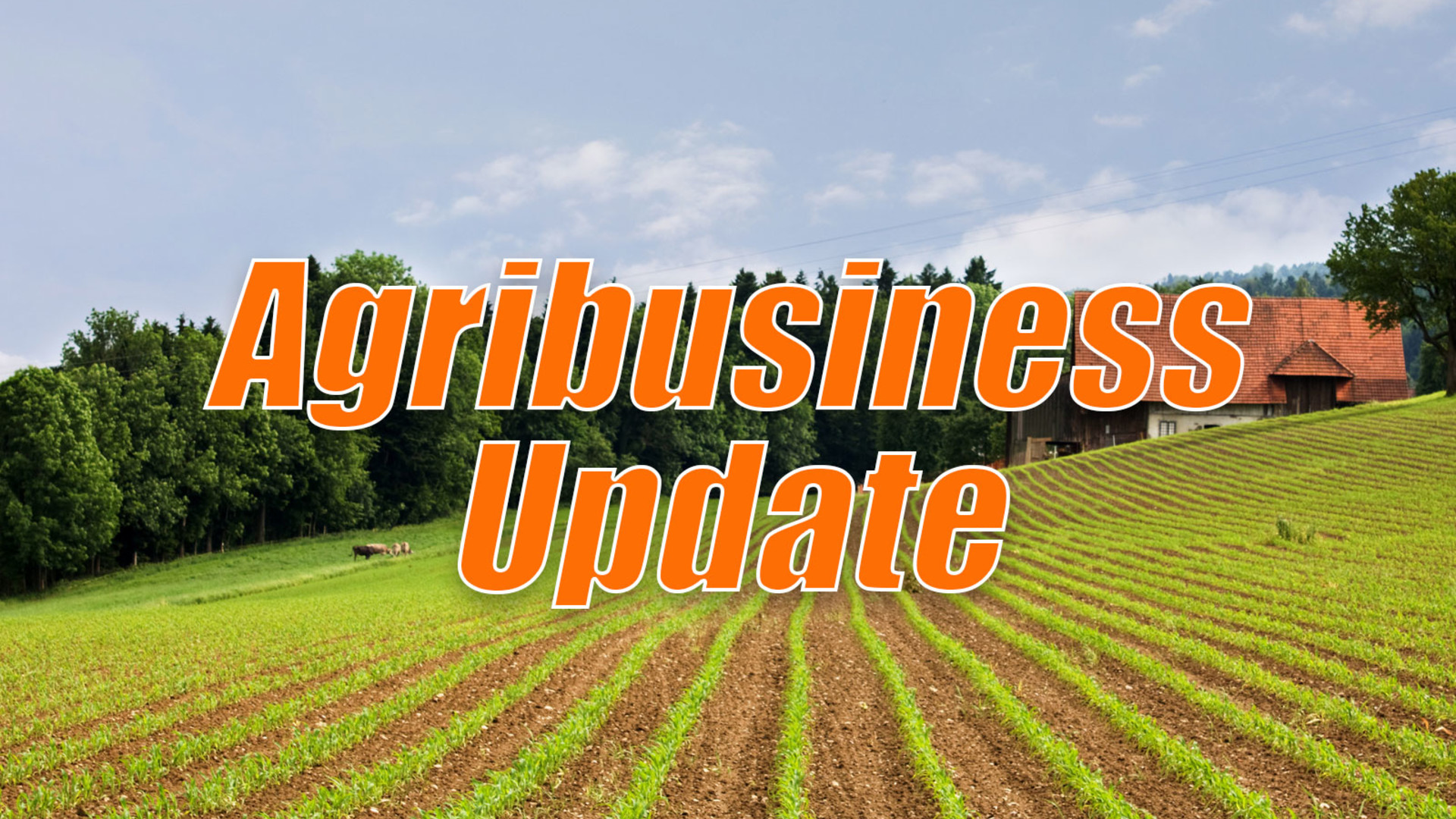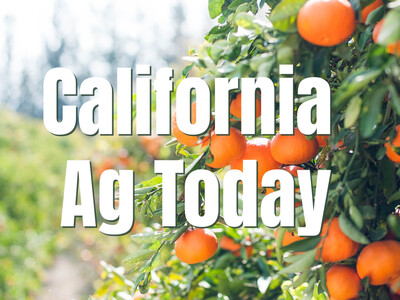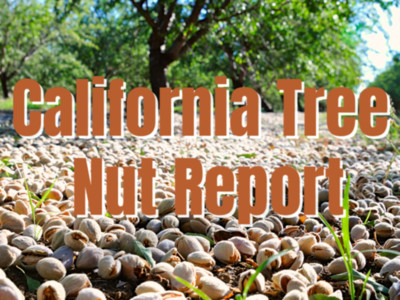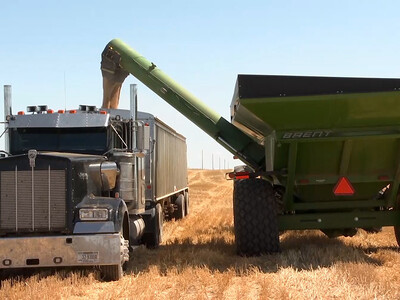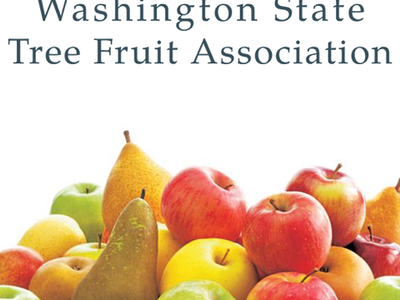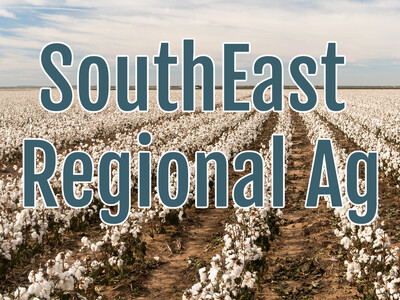AEWR Calculations In Georgia and EU Open to Lowering Tariffs
From the Ag Information Network, this is your Agribusiness Update.**The Georgia Fruit and Vegetable Growers Association and the North Carolina Sweetpotato Commission and others are seeking detailed information about how the USDA calculates the Adverse Effect Wage Rate, the minimum wage for the H-2A agricultural guest-worker program.
The coalition warns the USDA’s current AEWR methodology contributes to a self-compounding wage inflation.
They say this poses risks to national food security, American dependence on imported food, and the stability of rural communities.
www.gfb.org/news/ag-news/post/ag-stakeholders-demand-usda-transparency-on-wage-determination
**The European Union says it’s open to lowering tariffs on U.S. fertilizer imports during trade talks with the Trump administration but will not weaken its food safety standards in pursuit of a deal.
Whether that would mean zero tariffs, or a reduction of current rates, would need to be negotiated.
Reducing tariffs could boost Europe’s purchases of U.S. fertilizer, to fill a gap as the EU cuts supplies from Russia.
**Arkansas Senator Tom Cotton introduced the Biothreat Prevention Act, that would ban federal funding to any lab or university conducting agricultural research with nationals from China, Russia, Iran, Cuba, Venezuela, or North Korea.
Cotton says foreign terrorists seeking to poison and destroy America’s food supply should not have access to American labs and universities.
This comes after three Chinese researchers were charged with smuggling a “potential agroterrorism weapon” in a fungus into the U.S.


